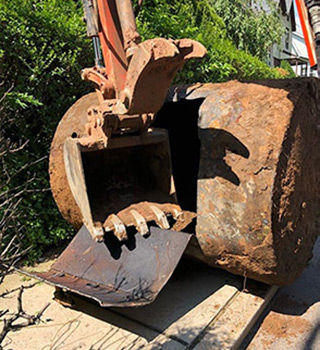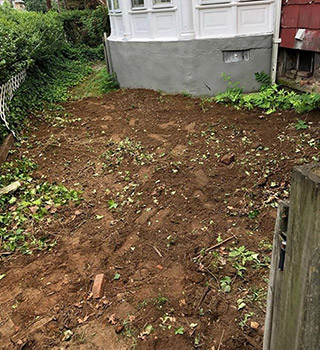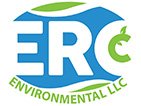10 Things to Know About Oil Tank Removal in New Jersey


There is a lot of conflicting information about New Jersey oil tank removal on the internet. Here are 10 of the most important things that anyone should know in regard to oil tanks.
How Do You Know An Underground Oil Tank is There?
1) Homeowners may not be aware of an oil tank that has been abandoned on their property, either because they did not perform an inspection when purchasing the property or because their inspector failed to discover the oil tank. For this reason, it is important not to rely on a seller’s previous inspection records when purchasing a home. It is wise for buyers to always do their own due diligence in checking for the presence of an oil tank.
2) Often there are clear signs that hint the possible presence of an underground oil tank. For instance, there might be vents or filler pipes visible, or oil lines in the foundation wall, which would have been used to transfer the oil from the tank to the furnace inside. Indications won’t always be obvious, though. It is best to hire professionals to perform a tank sweep, in which tools like metal detectors and ground penetrating radar are used to ensure a buried oil tank is always found.
Getting An Oil Tank Removed in NJ
3) Although an underground oil tank (UST) poses a serious environmental threat and financial liability, homeowners with one on the premises are not obligated by law to remove it before selling. It is up to the buyer to negotiate this process properly. In most cases, the seller will pay most or all of the cost of an oil tank removal as part of the closing agreement.
4) In the past, filling an oil tank with sand or other filler and abandoning it in place was considered an acceptable practice. However, there is still a risk of contamination and so many banks now require oil tanks to be completely removed before they will provide a mortgage, and insurance companies will not take the risk either.
Financial Considerations to Oil Tank Removal
5) Although state oversight is not explicitly required for cleanup efforts, A No Further Action (NFA) letter from the New Jersey Department of Environmental Protection (NJDEP) is required by lenders and insurers in most cases after an oil tank removal and/or soil remediation is completed. Costs for the NJDEP to provide this service are the responsibility of the requester.
6) Most insurance companies in New Jersey will not provide coverage for an underground oil tank. For those that do provide a level of coverage, the amount covered by the policy is usually much less than an oil tank leak can realistically cost.
7) Most companies that provide oil tank removal will not immediately disclose the cost of the service, and say that it depends on the situation and the work involved. If you are roped into an open-ended contract like this, it is likely that you will pay far more than expected. ERC Environmental charges a flat-rate of $1,750 for oil tank removal no matter the circumstance.
8) Currently, there is a 3.5 year wait on all DEP applications for The Petroleum Underground Storage Tank Remediation, Upgrade and Closure Fund (UST Fund). Although some oil tank removal contractors advertise the availability of state funding, the reality is that this fund has never guaranteed funding for any applicants, and furthermore no funding currently exists for the program.
What Happens After A Tank is Removed?
9) When an oil tank is removed, your local inspector, often a fire marshal, will be appointed to inspect the tank site. This inspection coupled with a report filed by the tank removal company is what determines whether further testing and possible cleanup needs to be done to the soil. The soil does not need to be tested otherwise.
10) If an oil tank has leaked and contamination levels are greater than the allowable threshold, soil remediation will have to be conducted.
Contact.
Contact us today to get started.
Call: 877-440-TANK (8265)
You can also fill out the form below and we’ll contact you within 24 hours:
Anticipate all costs from the start.
Makes it easier to close on the property.
No surprises.
All permits included.
Get an estimate within hours.

